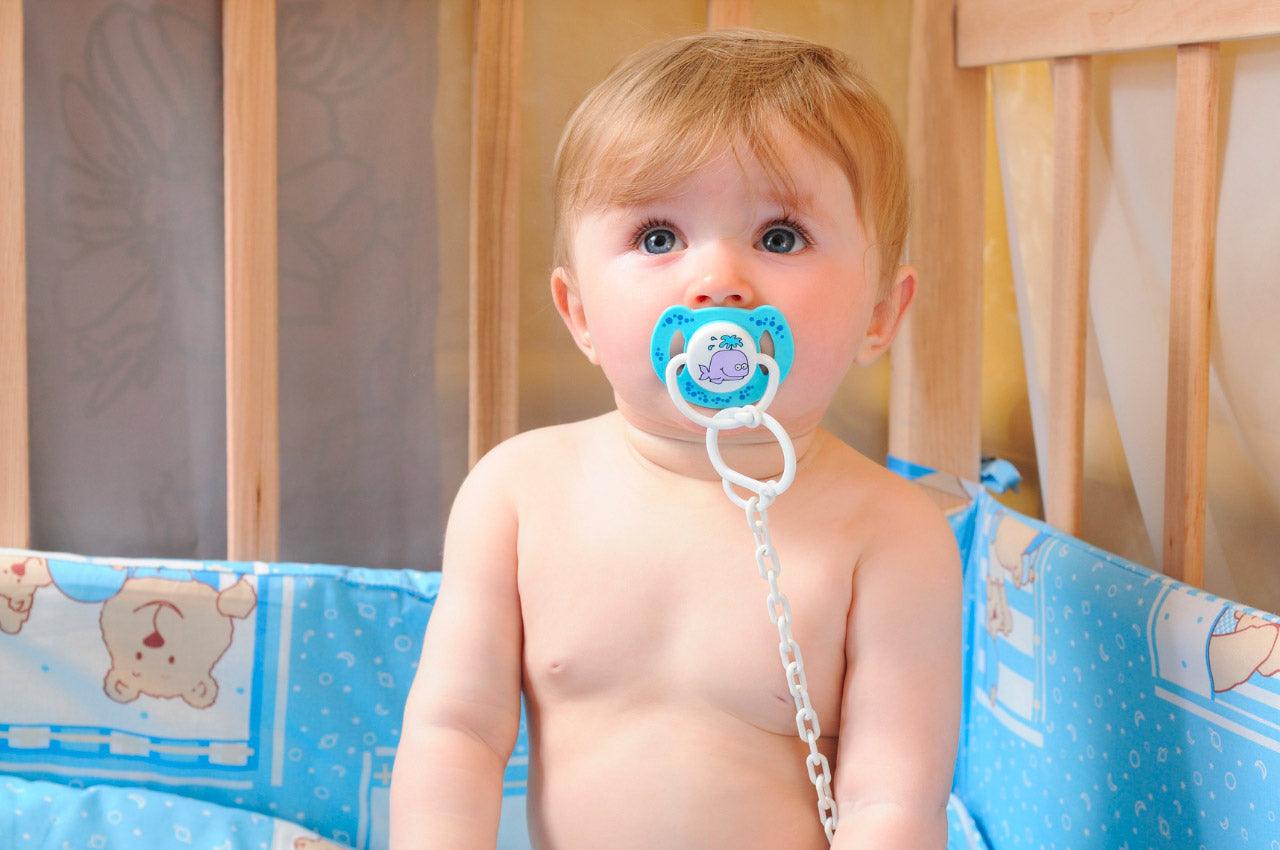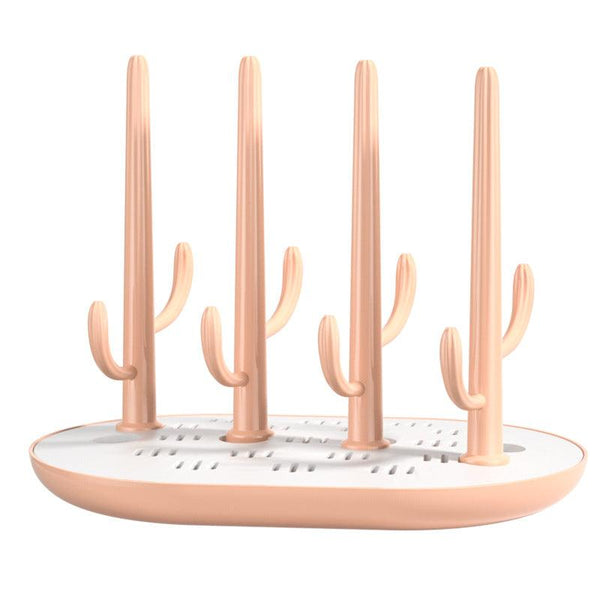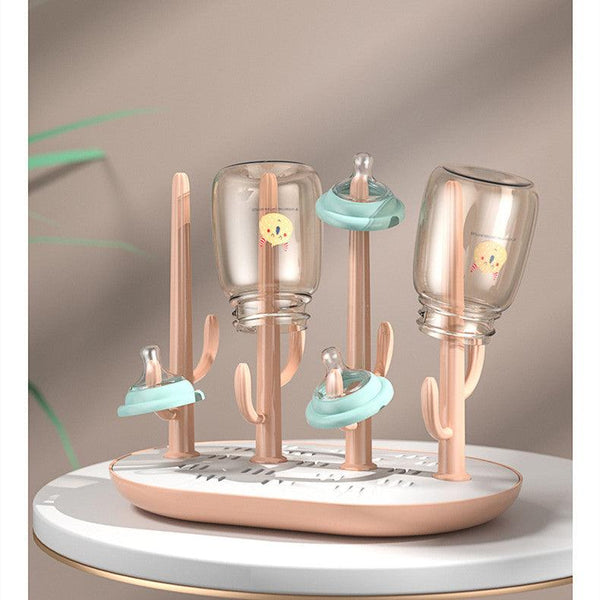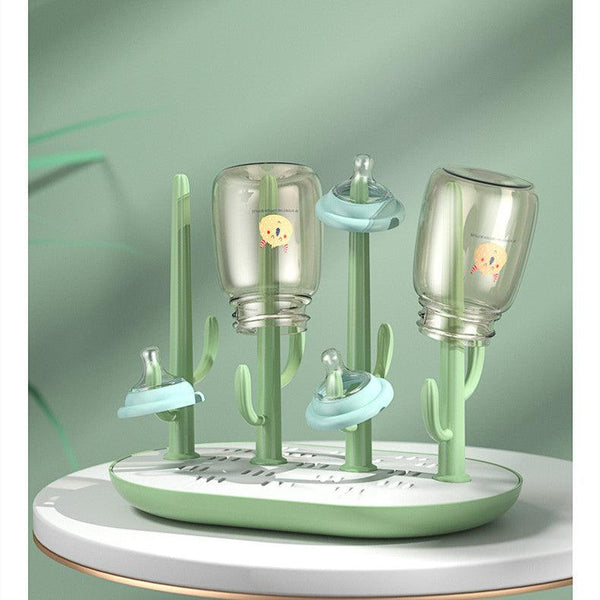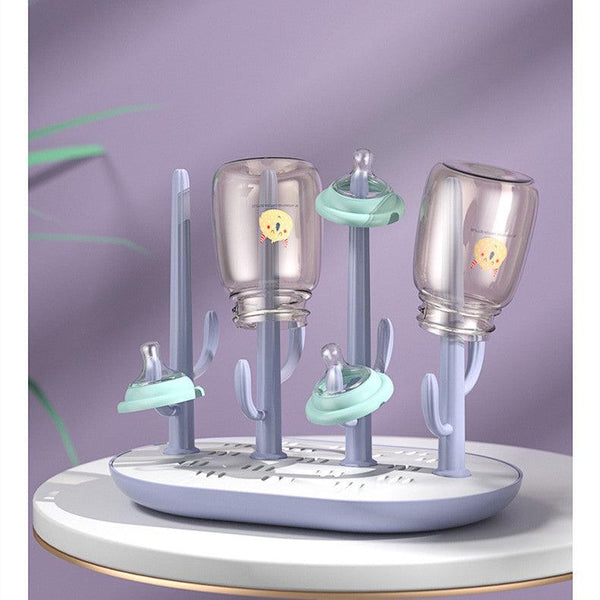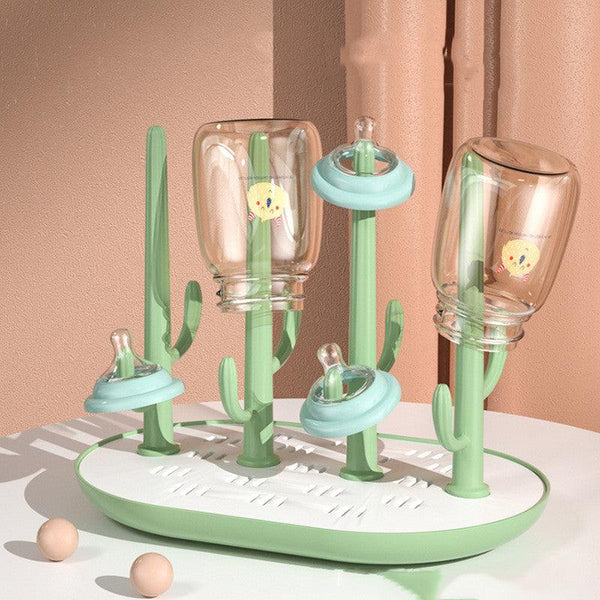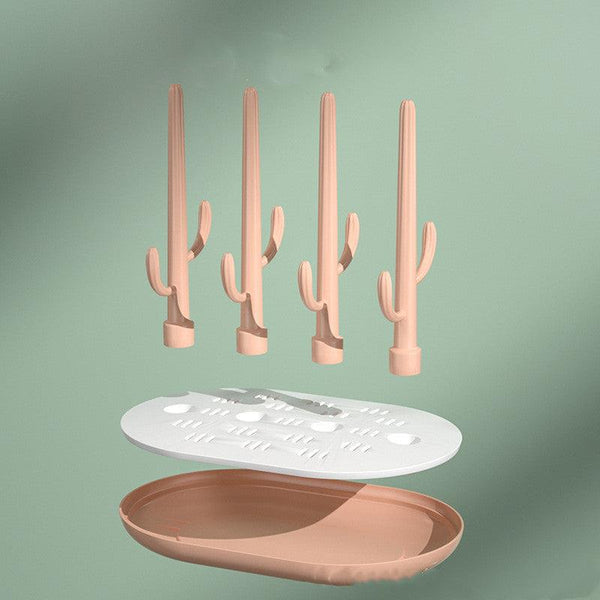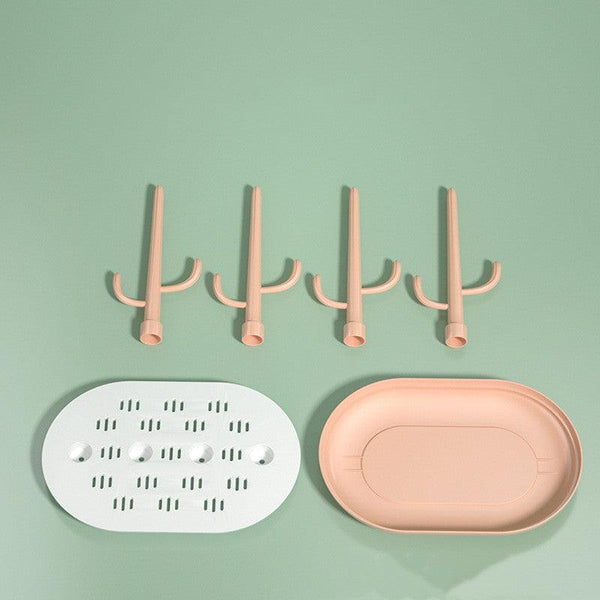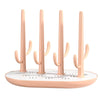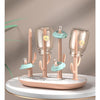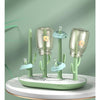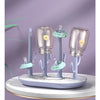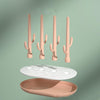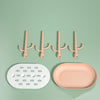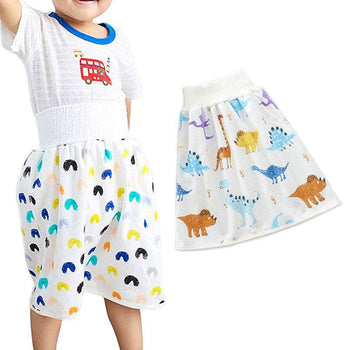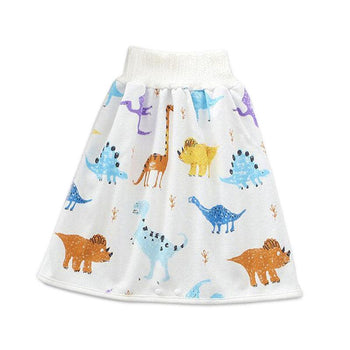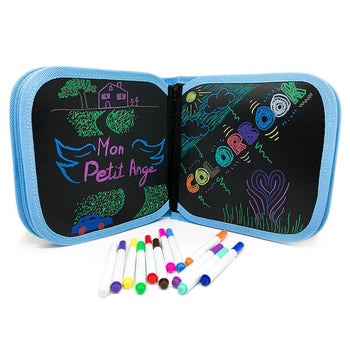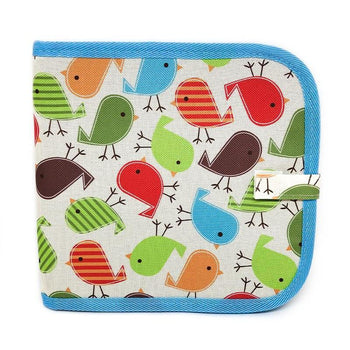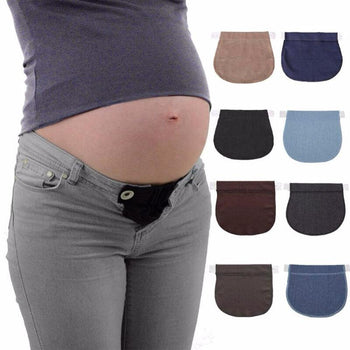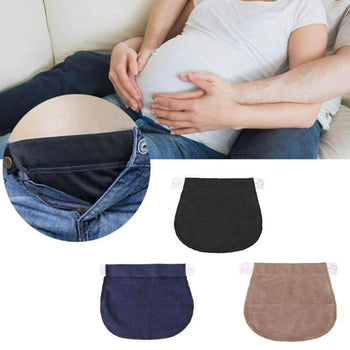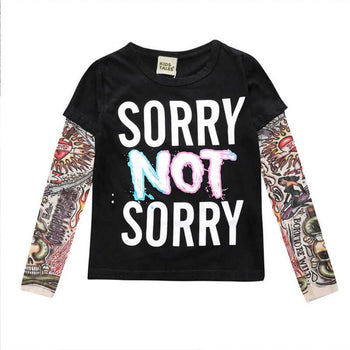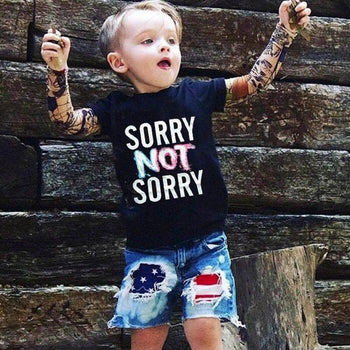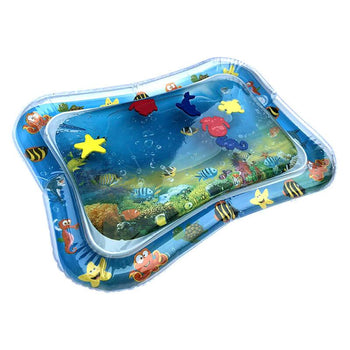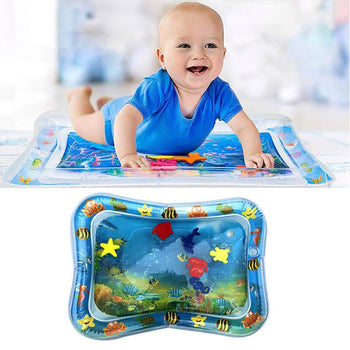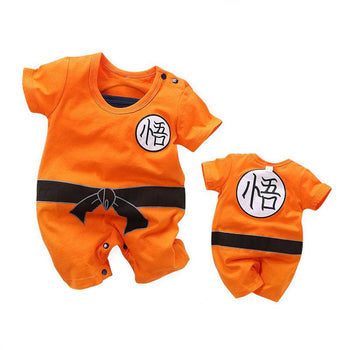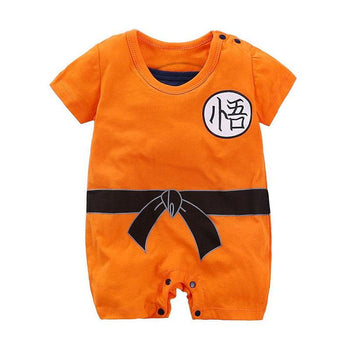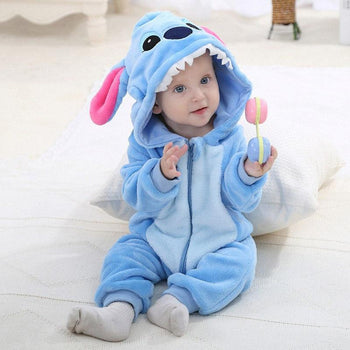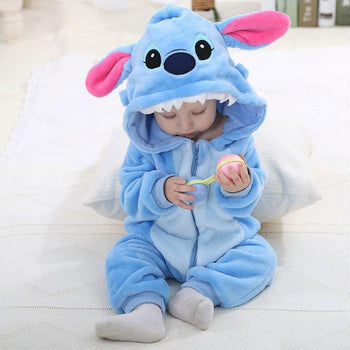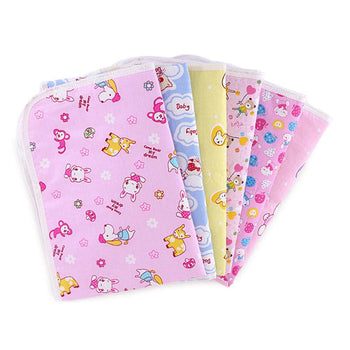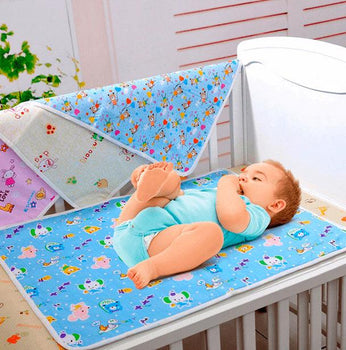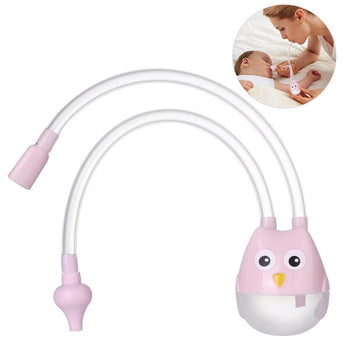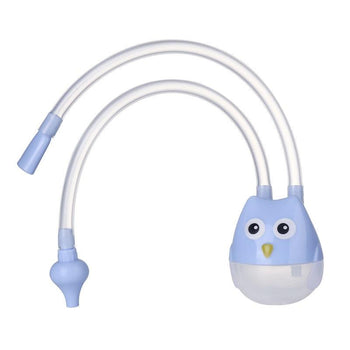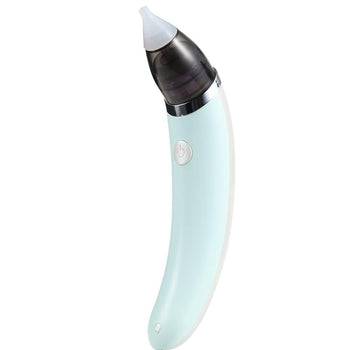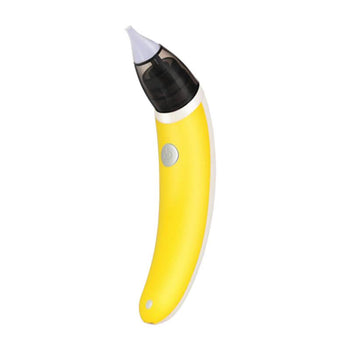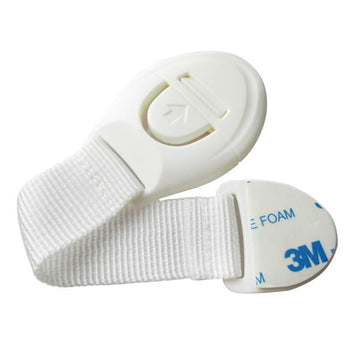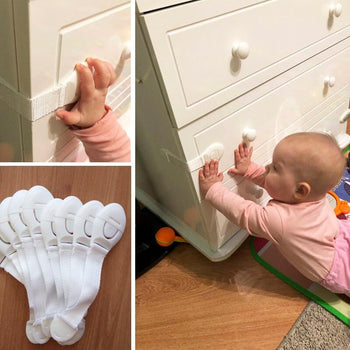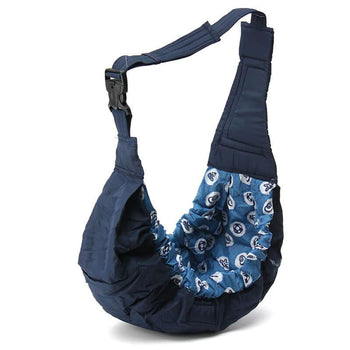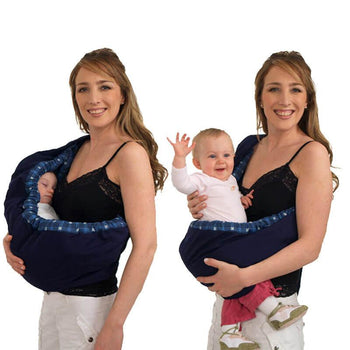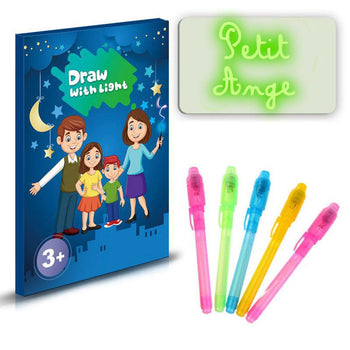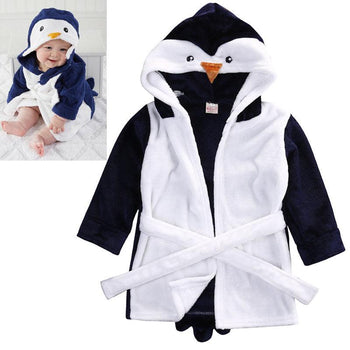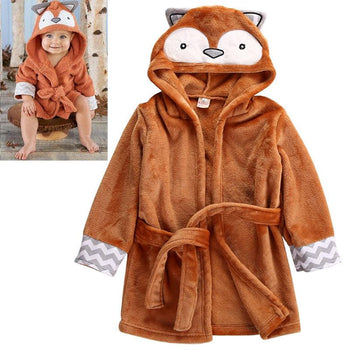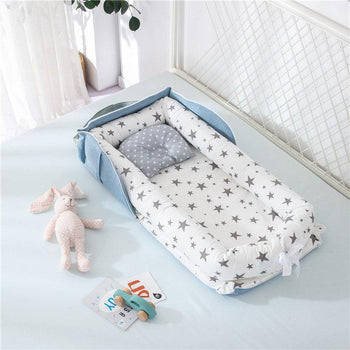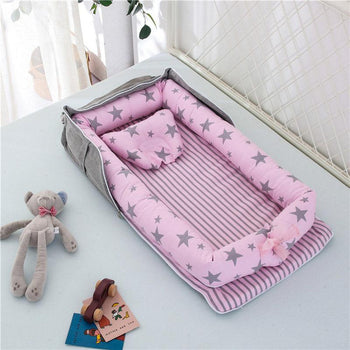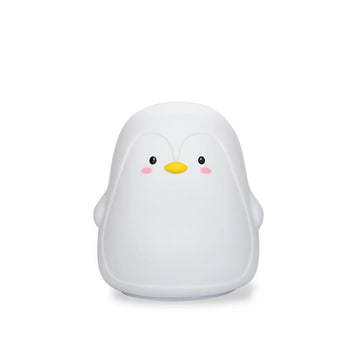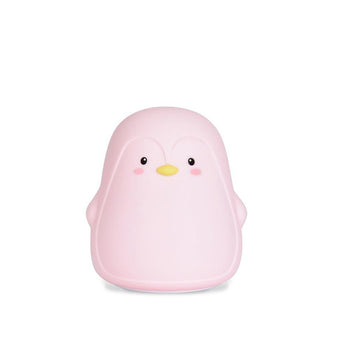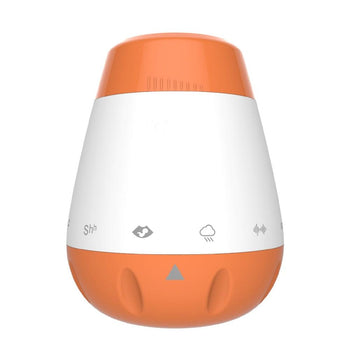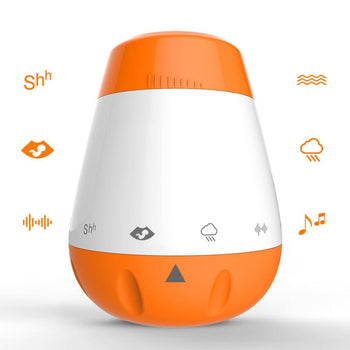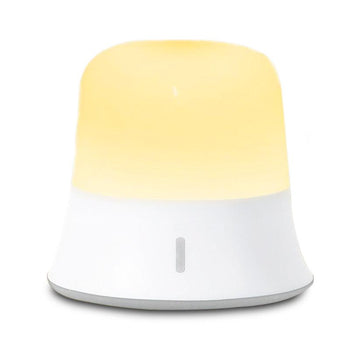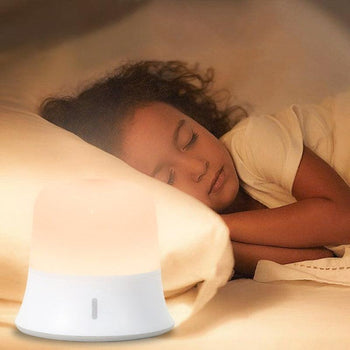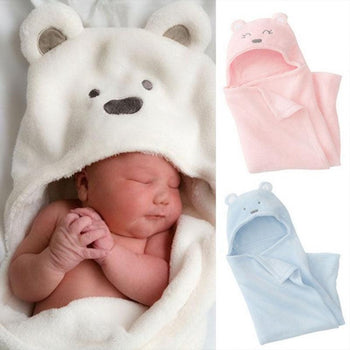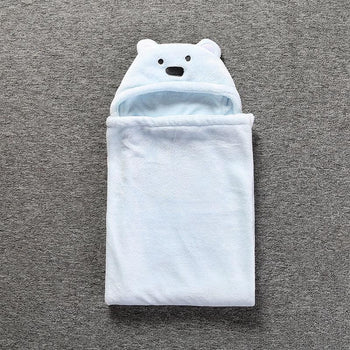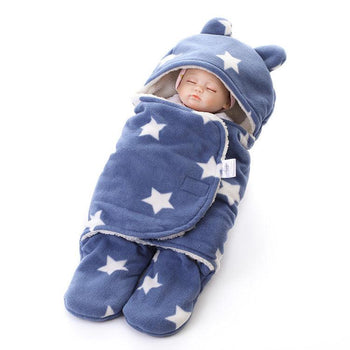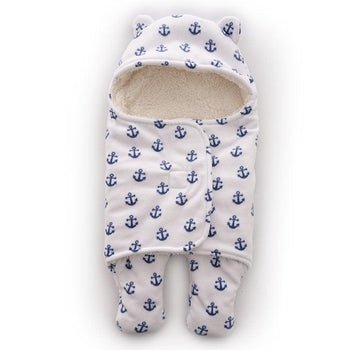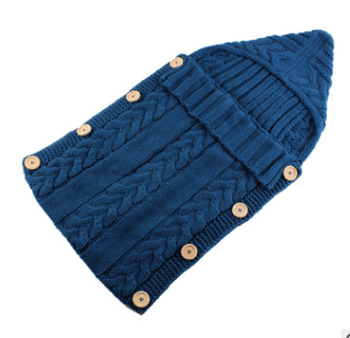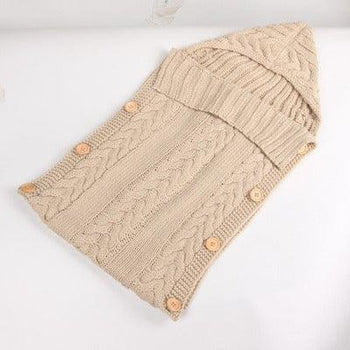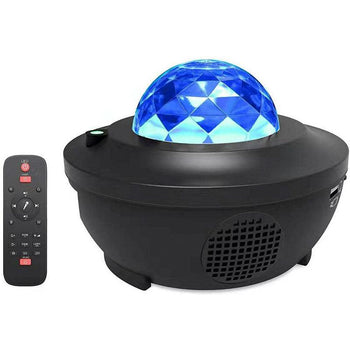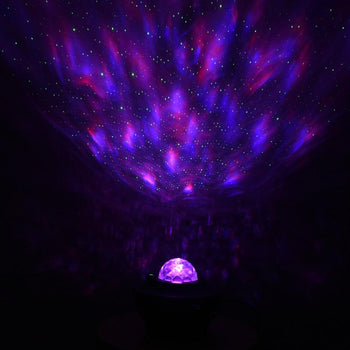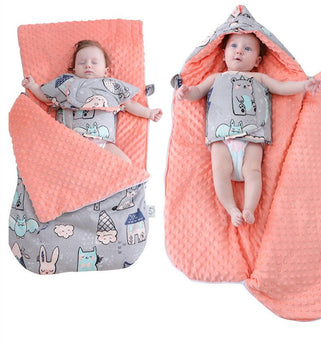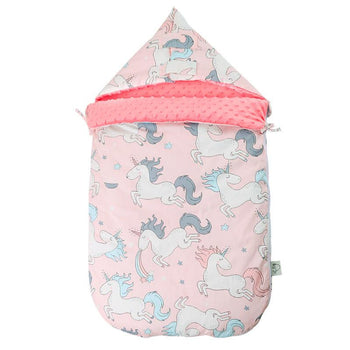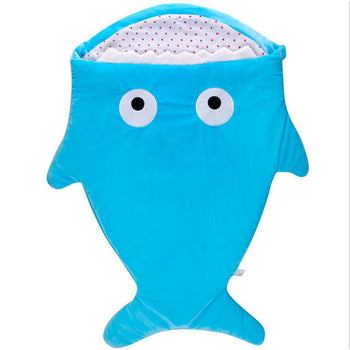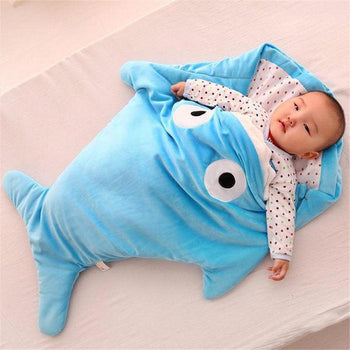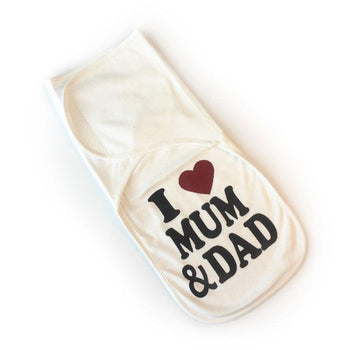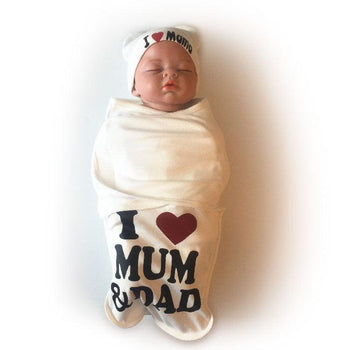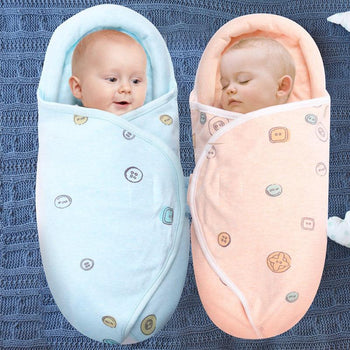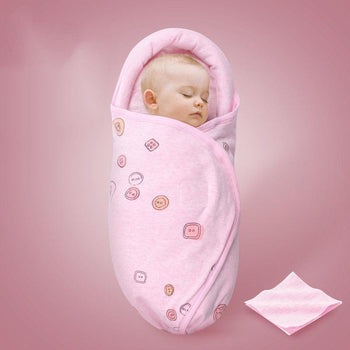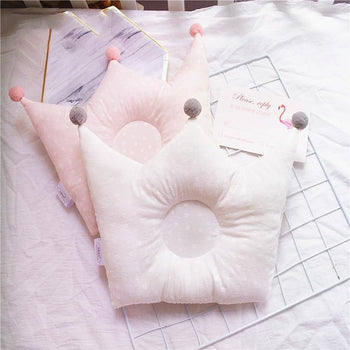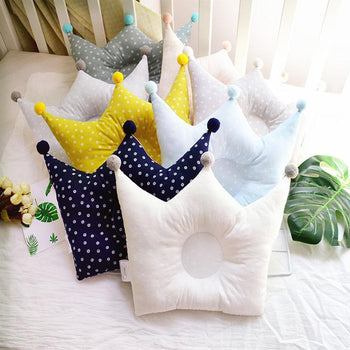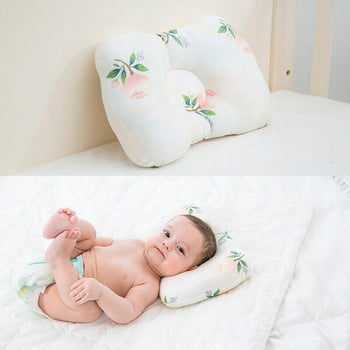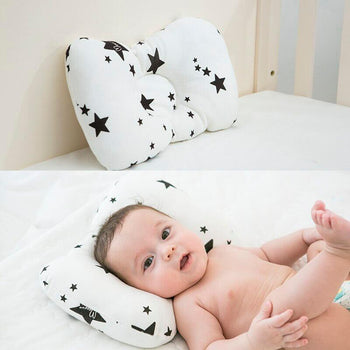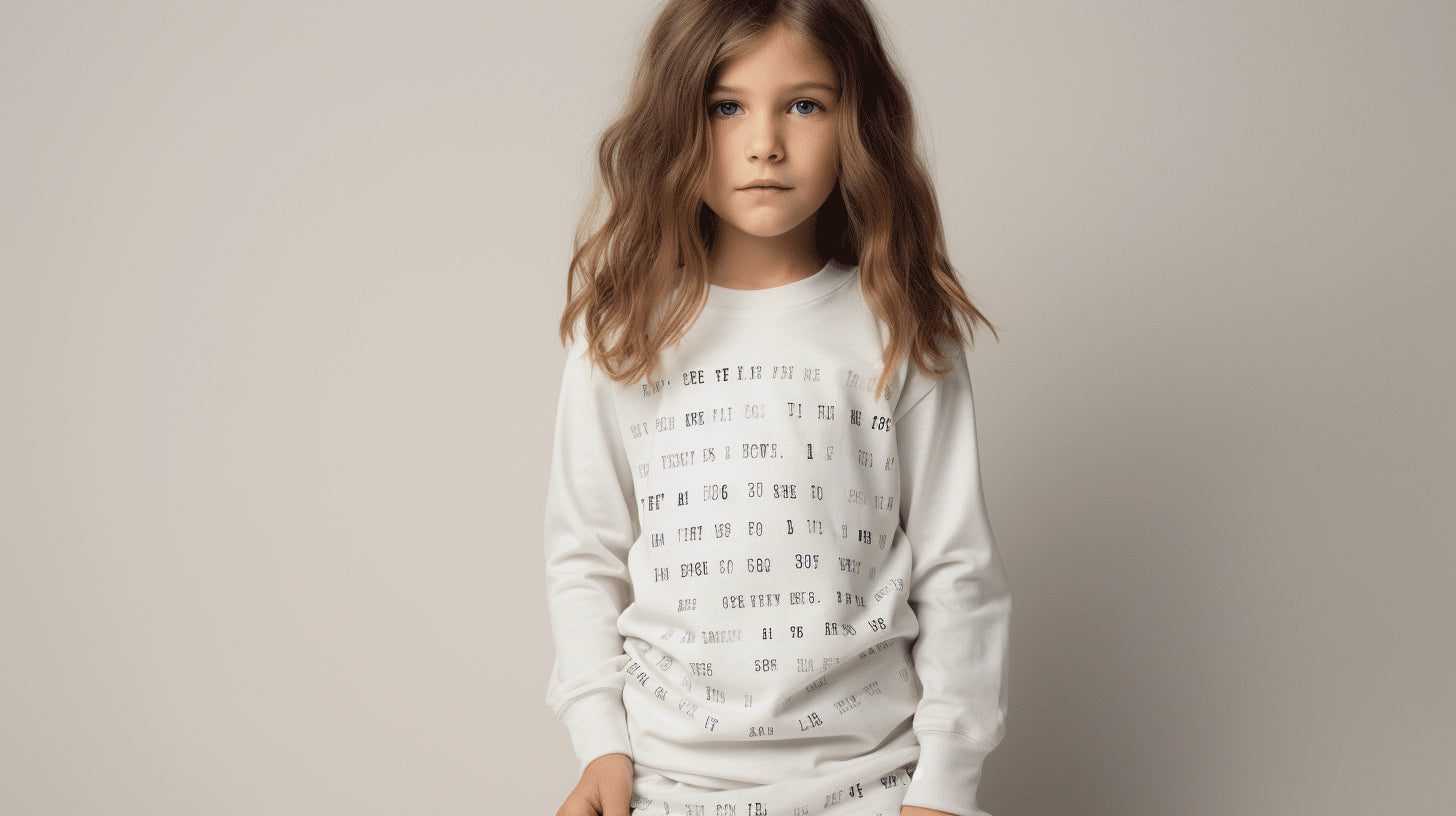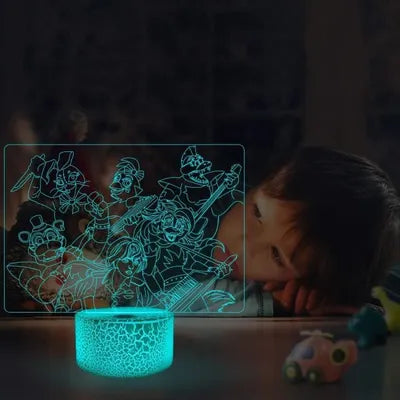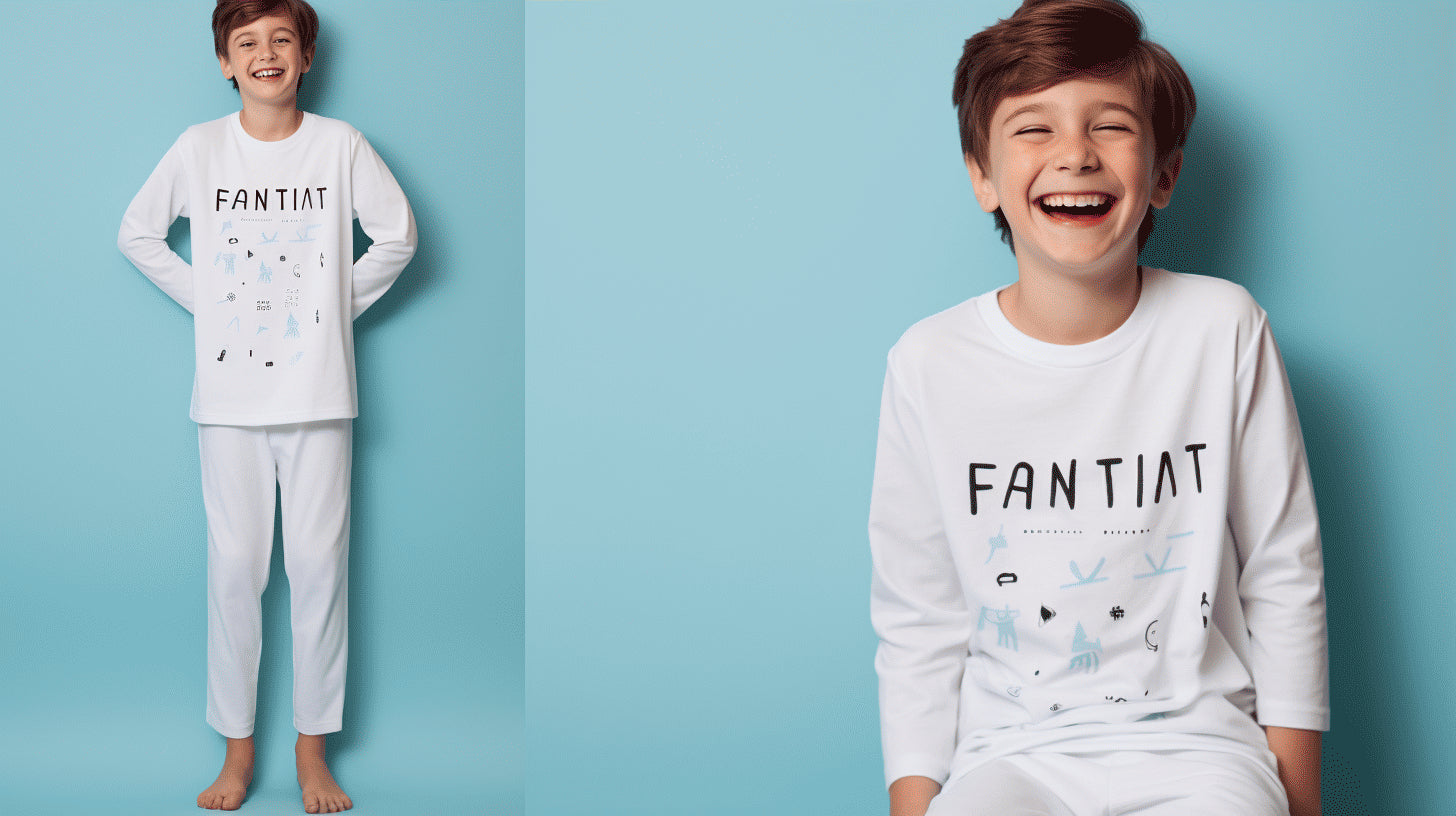Many moms have asked themselves this question: can my baby sleep with a pacifier? And, should he?
If you have a newborn, you may be wondering if your baby can sleep with a pacifier . If you have an older baby or a young child, you might be wondering "how do I get my baby to sleep without a pacifier"?
Find out in this article everything you need to know about babies who sleep with a pacifier.
Can the baby sleep with a pacifier? Is it safe?
This is one of the most common questions parents of newborn babies ask.
Is it safe for a baby to sleep with a pacifier?
Be aware that the Consumer Product Safety Commission (CPSC), which is a regulatory body, has strict guidelines regarding the production of lollipops.
She is responsible for consumer product safety in the United States. This includes toys, cribs, car seats and strollers, high chairs, playpens and more.
Is it safe?
Yes, it is safe for a baby to sleep with a pacifier. Pacifiers are very safe for sleep and may even reduce the risk of SIDS (sudden infant death syndrome). A baby can sleep safely with a pacifier.
Can a baby sleep with a pacifier all night?
For many moms, getting a baby to sleep is the one thing that never seems to go well. They will do anything for their little ones, even letting them use a pacifier all night!
But are there any risks associated with this practice? Using the pacifier during nighttime feedings or naps has certain conditions that you should be aware of before making your decision
One of the CPSC guidelines is that the pacifier should not have strings or ties attached , so as not to present a risk when used by babies who have teeth. CPSC testing includes "structural integrity" testing, such as dropping and throwing, to simulate realistic child use and abuse. These tests ensure that the pacifier will not break or pose a choking hazard.
Some pacifiers are equipped with a protective device that prevents them from being swallowed or entering the throat.
Some brands even offer pacifiers that actively promote physiological breathing when used at night.
Why do babies like pacifiers?
The pacifier is a great way to soothe your baby, while having many other benefits:
- The pacifier can help babies fall asleep and stay asleep, which is a major benefit for the whole family!
- Babies like pacifiers because they have a strong sucking reflex that soothes them . This can be useful when babies are fussy, at night and in general.
- The pacifier can also sometimes calm babies with colic .
- Also, when a baby sucks on a pacifier, hormones called cholecystokinin (CCK) are released in the body. The CCK hormone aids digestion. For some babies, it seems to soothe their stomach .
Are pacifiers bad for breastfeeding?
The pacifier will not interfere with breastfeeding , but it is important not to introduce it until breastfeeding is fully established, which can take 2 to 4 weeks.
The CCK hormone mentioned above also increases the feeling of short-term satiety so that the body digests food better. For formula-fed or bottle-fed babies, you can start using a pacifier now.
Now that we've determined that your baby can use a pacifier , does that mean all babies should? Just because a baby can sleep with a pacifier on doesn't mean they should.
The pacifier is a hot topic for parents, and for good reason. It elicits very strong opinions on both sides: some say it can help babies sleep better and reduce breastfeeding problems, while others think it should never be used because it can impair motor skills. or language development.
Should babies sleep with a pacifier at night?
Many parents wonder whether or not to give their baby a pacifier during the night. For one, sleeping with a pacifier can reduce the risk of SIDS . On the other hand, the pacifier may cause the baby to wake up several times a night for you to put it back.
Ultimately, it's up to parents to decide whether or not to give their baby a pacifier at night. Some parents find the pacifier helps their baby sleep through the night, while others find it causes frequent awakenings.
Sure, lollipops are cute. And yes, it can be hard to resist when your little one wants one. But have you thought about the long-term effects of baby pacifiers ? Pacifiers are often used as sleep aids, leading to increased nighttime awakenings and short naps . Pacifiers also cause teething problems in toddlers when used after the age of two.
If parents suck on a pacifier to "clean" it, this can also increase the risk of cavities , remember that! In summary, there are many good reasons not to use pacifiers for babies, but if you do decide to use one, make sure it is well maintained.
Your baby has a strong need to suckle and likes having a pacifier . Can you teach him to find it on his own? Obviously, newborns can't do this until they can use their hands effectively. On average, in my experience, babies are not able to handle the pacifier on their own until they are 5-8 months old. Some children never seem to be able to do this, even though they are perfectly capable of it. I've talked to parents of toddlers who wake up at night and wait for their parents to hand them the pacifier!
In newborns, we often do "the right thing" to get through the first 3 or 4 months of life. When your baby begins to regress to sleep at 4 months, that's often the time to consider stopping pacifiers.
Here are some articles that might interest you:
- 20 tips to combat exhausting 4-month sleep regression
- How and when to help your child stop the pacifier
How to stop using a pacifier
Babies start using pacifiers at an early age. More than 50% of babies use it by the age of three months. Pacifiers have become more common for babies and parents want to know how to wean them.
There are several ways to wean your baby off the pacifier: stop giving it at night, stop giving it at another time of the day, and insist on naps being pacifier-free (usually easy until the nap) , or teach your baby to put it in his mouth.
Some babies only need it at the start of the night, spit it out in their sleep and no longer need it. Every baby is different.
If you are trying to implement any of these methods, here is some information that may help:
- The pacifier method every parent should know
- How and when to help your baby or toddler stop using the pacifier.
Pacifiers are used by children for many reasons. They can be comforting , calm the pain of an infant or serve as a substitute pacifier when breastfeeding is not possible. However, they also have a few downsides, including nighttime waking and potential teething issues , which parents should consider before deciding how best to use them in their child's life.
If at first glance the pacifier seems like the ideal solution for your baby, it is important to weigh the pros and cons of using it before making a decision about continued use.
I hope this article has helped allay your fears about using pacifiers for sleep !
Do you want your baby to sleep through the night?
In this free guide , you'll discover 5 things you absolutely need to know.
With a unique approach and practical tools for success, this guide will help you and your baby sleep better through the night.


